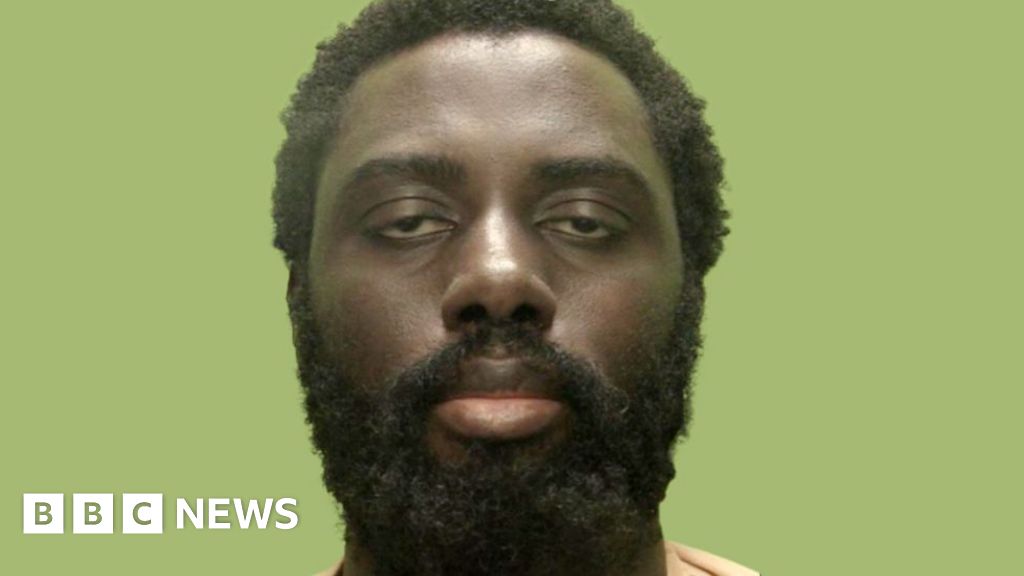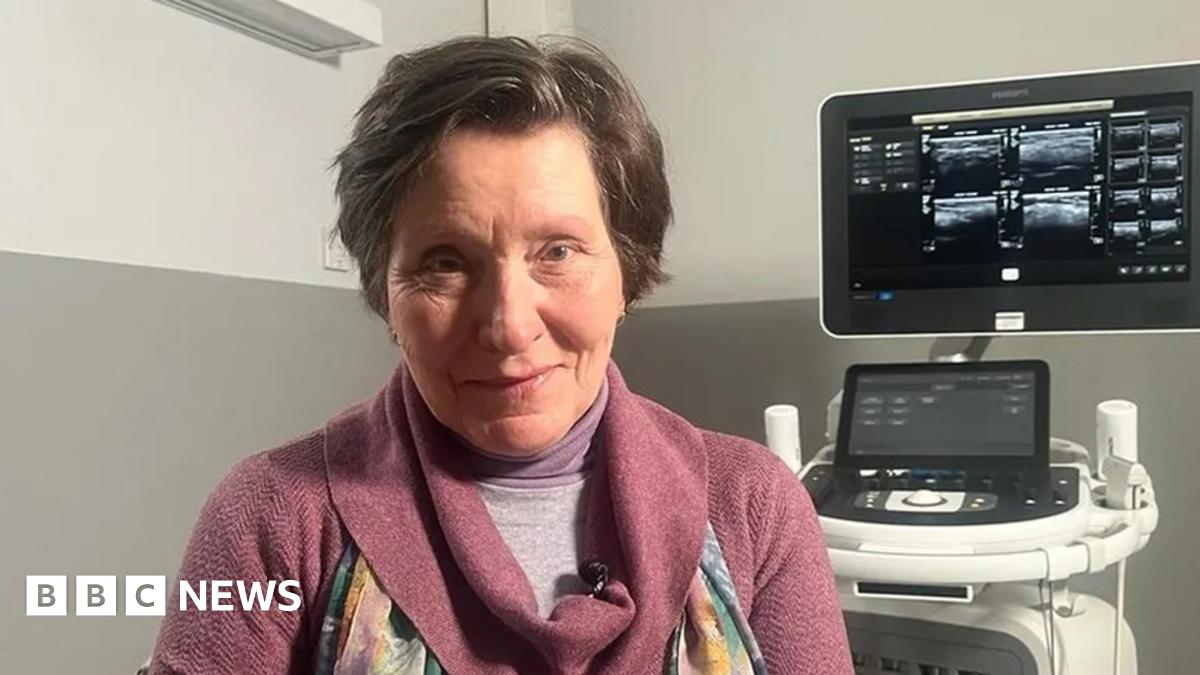Caporegime
- Joined
- 8 Jan 2004
- Posts
- 32,868
- Location
- Rutland
CFS/ME is an absolute minefield. There is no test, no well recognised treatment and no understanding of what the disease is. There is a very vocal lobby that actively disrupts research.I've just been reading about that in the Guardian.

Devon woman with ME asked GP to help her ‘get enough food to live’, inquest hears
Maeve Boothby O’Neill, 27, was admitted to Royal Devon and Exeter hospital before her death in 2021www.theguardian.com
It looks like the main blame lies with the hospital. The GP's kept sending her in. But the hospital kept discharging her.
This isn't a good sign. Because ME/CFS is closely linked to Long Covid. Many of the regular tests don't pick up any problems. Only specialised tests do. Yet I suspect due to a lack of medical knowledge, especially about these immune conditions, the doctors just dismiss it.
I'll be happy when AI starts diagnosing people. Because the amount of intellectually lazy doctors there are is needlessly costing lives.
Why would someone become a doctor, see someone not fit and healthy, yet give up helping when the standard tests come back clear? Where is the medical curiosity?
I'd be suprised if AI offers any benefits in this area.



